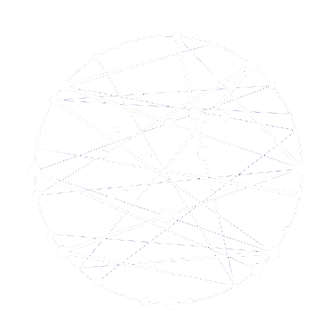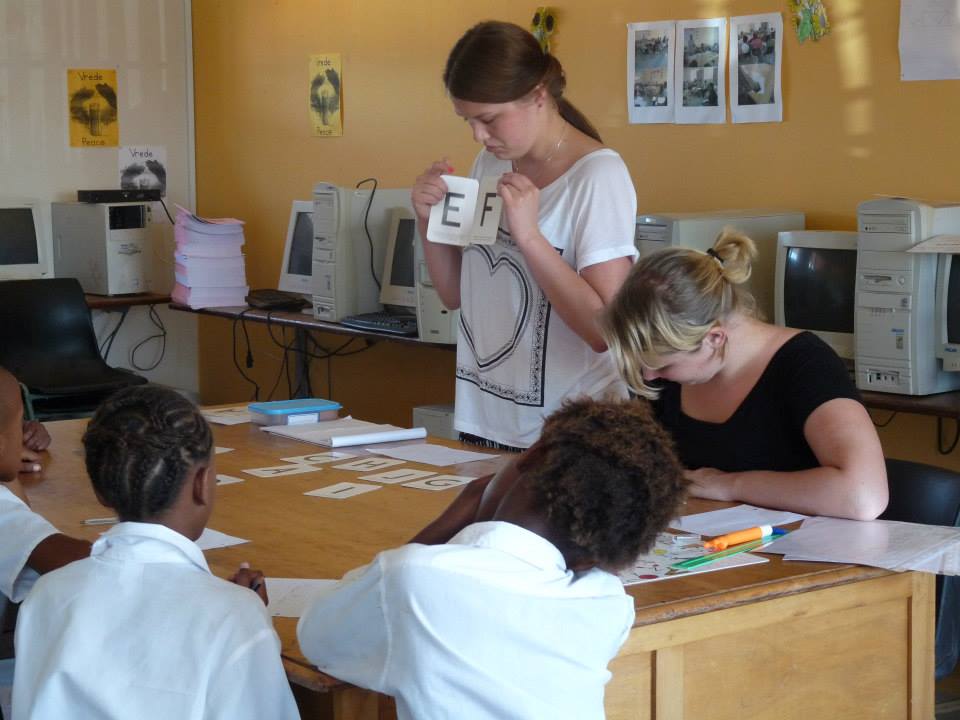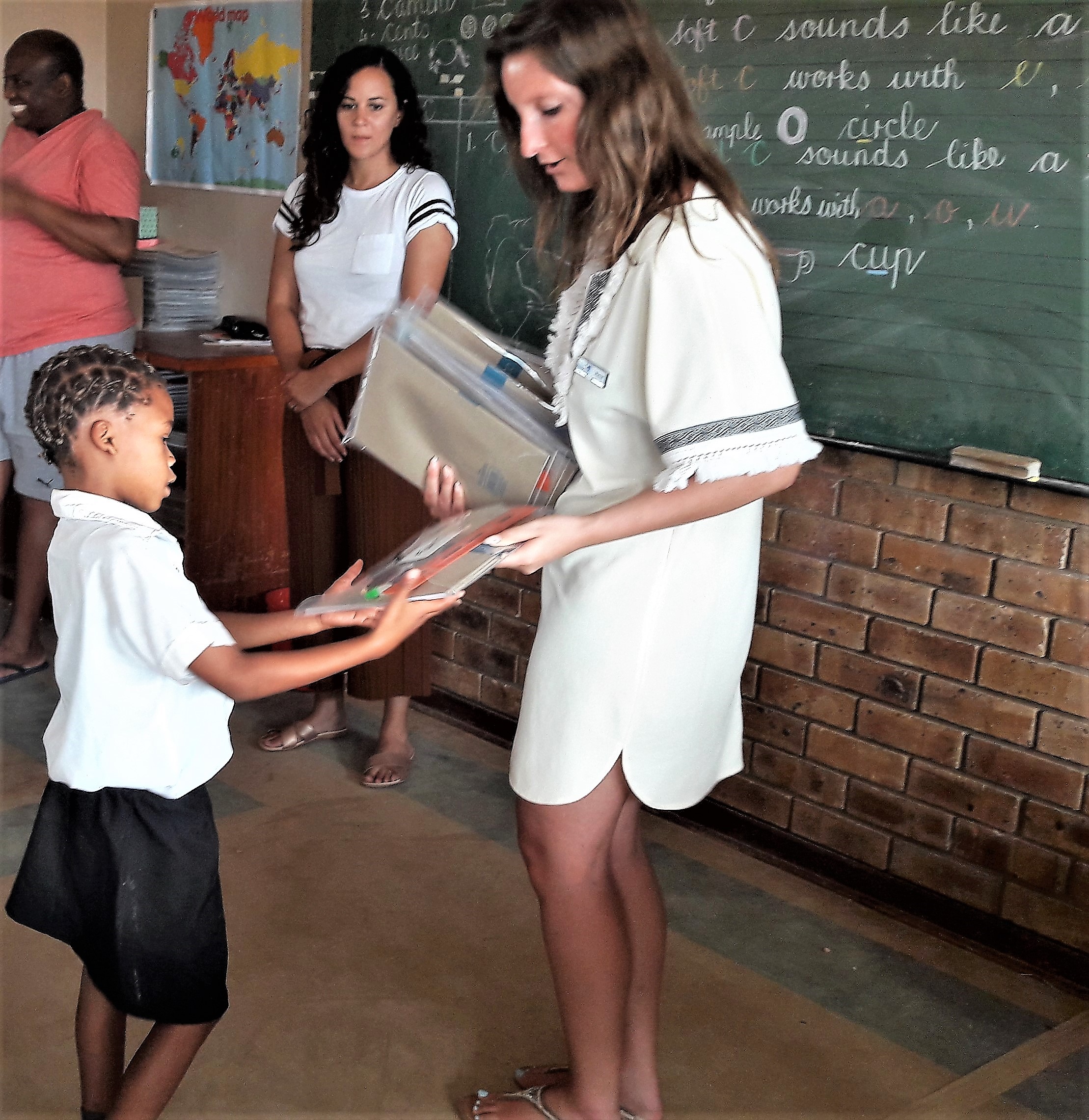



When the world locked down, healthcare workers showed up in hospitals, homes and makeshift clinics. They held hands when families couldn’t; they made impossible choices, and kept systems from collapsing. They reminded us what it means to care when it’s hardest.
It’s tempting to think that was a once-off. But many of the root drivers behind that crisis (overburdened systems, inequality, under-resourced communities) are still at play in places Ready4Life works. The difference? These communities meet those challenges with resourcefulness, resilience, and a kind of grit that can’t be taught in lecture halls. In the places Ready4Life works, the health system isn’t always something you visit; often, it’s something you build.
If you’re studying a health-related discipline, this is your invitation to step into a different kind of learning environment: one where your clinical instincts will grow, but so will your humanity. One where you might be doing less diagnosing, and more listening. Less charting, more connecting. Less “What’s the problem?” and more “How can I help?”
If you come, you will support and be supported by older professionals. You will learn:
You’ll likely work with children and families in communities where basic needs (nutrition, hygiene, safety, emotional support) aren’t always met. You won’t fix the whole system in one moment, but your presence will matter — and not just to them. To you, too.
Afrikaans, one of South Africa’s national languages, shares deep roots with Dutch. While it’s not identical, many words and sentence structures will feel surprisingly familiar — especially in classroom settings. This often gives Dutch and Flemish interns a head start in connecting with community members and following along with colleagues and other stakeholders.
Interdisciplinary insights that matter here:
If you understand the importance of balanced diets, ways to support feeding programs, and helping families make the most of available resources, you will make a great difference.
Music, movement, storytelling, and crafts aren’t just fun — they can be healing. Share what you know!
Many people carry unseen burdens. This is especially true of children. Learn to spot signs of distress, build trust, and be a calm, consistent presence.
Health is also about clean air, safe water, and nutritious food. Exchange knowledge with people who connect the dots between human health and the environment.